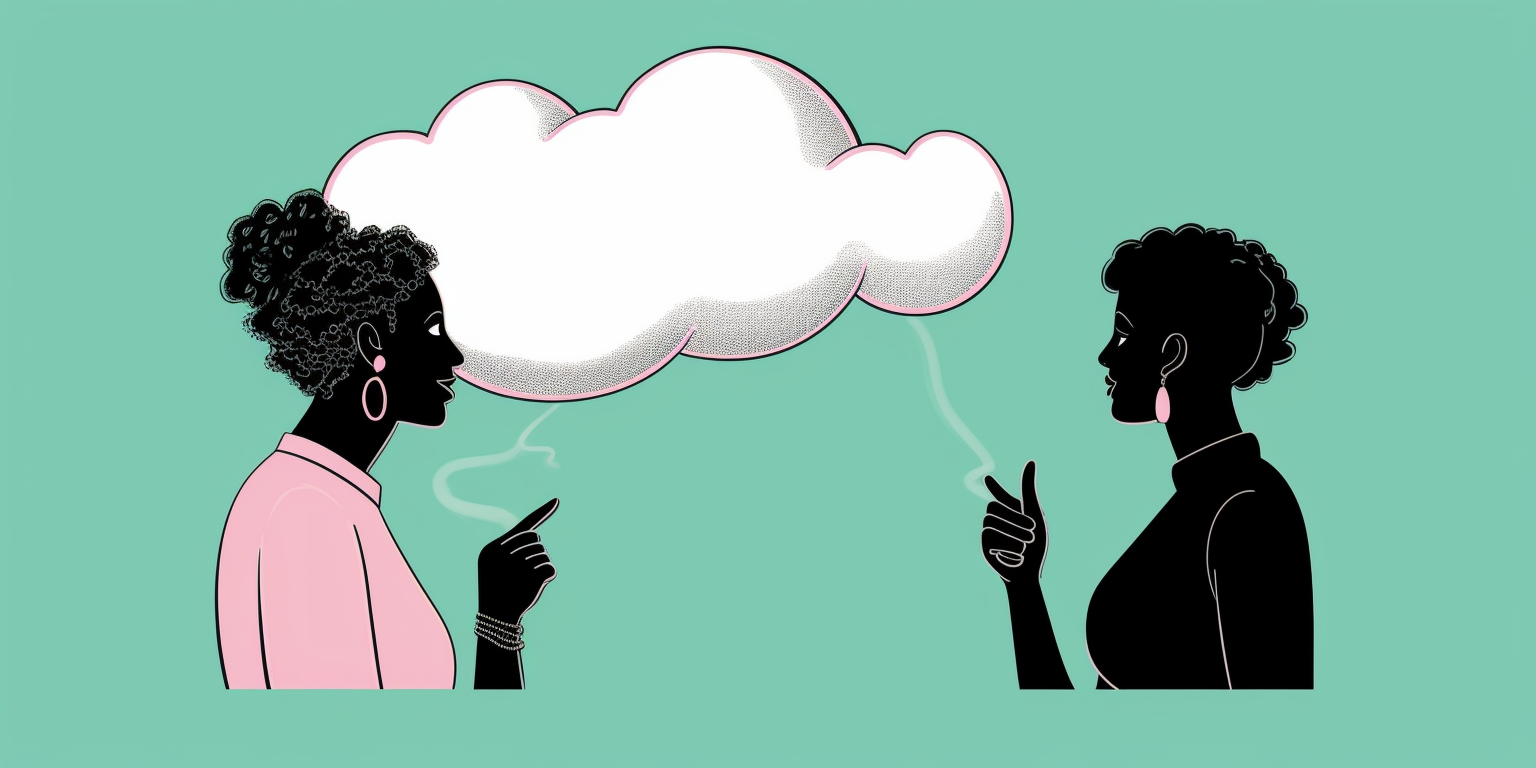Landing Sentences

Remember that game where you try to count to 20 without anyone interrupting each other or speaking at the same time? I think that game actually relates to something very foundational in improv – our ability to be in sync with each other.
It's natural for many improvisers, thinking on their feet in the moment, to develop a habit of pausing mid-clause while they mentally reach for the right words. "Ms. Clarice, I hope you find our establishment to be... well, uh, up to your standards."
The problem with this, aside from it not sounding like a natural pace of speech, is that it can easily consume stage time without offering clear space for other characters to join the dialogue. It can throw us out of sync.
An associated habit is the tendency to run quickly through the period of the sentence. For example, "well, uh, up to your standards, and I'm sure Mr. Digglesby would say... uh...." You get the idea.
I think improvisers often do this because, as they paused in the middle of their last sentence, they also got an idea for a new one, and may want to rush their next idea out of fear that another improviser might cut them off (consciously or unconsciously). However, this may mean they begin the next sentence without fully formulating the thought, which can lead to a pause and trigger this miniature cycle all over again. It creates an odd pattern of speech that is difficult to interrupt, allows less room for other characters to participate in the scene, and slows down the pace of the story.
Now, you might say, "What about responding to your impulse in the moment? Aren't we improvisers? Shouldn't we just go for it?" And yes, there is a tricky balance to strike here. We want to speak in clear clauses because it will help us work with each other and deliver clear information to the audience, but don't want it to be so attention-absorbing that we're not in the moment and we're constantly filtering ourselves.
In order for us to go big on story, we have to trust each other not to sweat the small stuff. We also don't want the audience to notice little flubs and all the moments we're thinking of what to say, and be taken out of the story because of that. All of this starts with simply speaking in clear sentences.